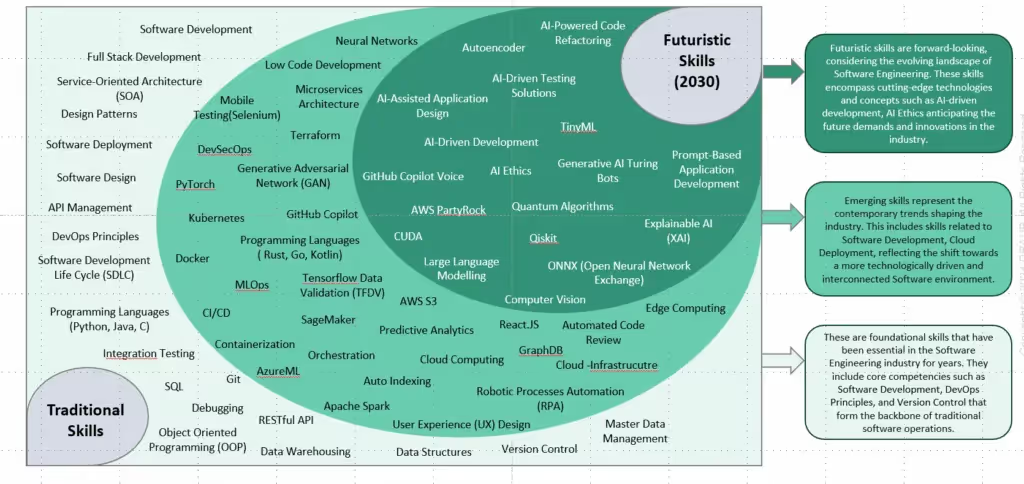Crafting the Future Workforce: Bridging Data Literacy and Technical Agility
The blurring of lines between “blue-collar” and “knowledge work” demands a new breed of worker in many fields of support, manufacturing, and other areas. Individuals with technical skills and the ability to think critically, solve problems, and adapt to change will be best positioned to thrive in this evolving landscape.
- A machine operator who can program robots and analyze sensor data to optimize production.
- A technician who troubleshoots complex equipment issues using diagnostic tools and data analysis.
- A quality control inspector who interprets data visualizations to identify and address quality issues.
- A cybersecurity analyst must analyze Logs, network traffic, user activity, vulnerability scans, threat intelligence feeds, etc.
The common thread connecting this transformation is what is often referred to as Data Literacy.
Recruiters and Workforce Planners must understand this in detail. Data literacy isn’t just one monolithic skill. It exists on a spectrum with different levels of proficiency. Here’s a possible breakdown:
Basic Level:
- Can read and understand simple data visualizations like bar charts and pie charts.
- Able to interpret basic statistics like averages and percentages.
- Can draw basic conclusions from the data presented.
- Comfortable accessing and consuming data from reliable sources.
Intermediate Level:
- Can work with different data formats like tables, spreadsheets, and databases.
- Able to perform basic data manipulation like sorting, filtering, and summarizing.
- Can identify trends and patterns in the data.
- Can ask relevant questions and formulate hypotheses based on the data.
- Able to communicate findings using simple visualizations and explanations.
Advanced Level:
- Can critically analyze data for accuracy, bias, and limitations.
- Able to use statistical methods to draw complex conclusions.
- Can model data to predict future trends and outcomes.
- Able to communicate findings effectively through advanced visualizations and storytelling.
- Has a strong understanding of ethical considerations in data handling and analysis.
Expert Level:
- Possesses deep expertise in data science and related fields.
- Able to develop and implement complex data analysis algorithms.
- Can solve challenging problems using data-driven approaches.
- Leads data-driven initiatives within organizations.
- Can contribute to the advancement of data science through research and innovation.
Identifying and cataloging emerging skills specific to each job role, as well as organizing these skills into relevant clusters, is of paramount importance. It is also critical to understand at what level we need these skills. This process helps in understanding the evolving demands of various professions but also assists in creating a structured framework that can guide workforce development and training programs. By systematically mapping out these skills, organizations can ensure their employees have the necessary competencies to excel in their roles and stay competitive in a rapidly changing job market.
Example Skills Catalogue for Software Engineer
We are developing a unique skill cluster approach.

Some of the Skill Clusters as Large Language models in turn will require further breakdown
Core Skills:
Natural Language Processing (NLP):
- Tokenization, stemming, lemmatization
- Text classification, sentiment analysis, question answering
- Named entity recognition, coreference resolution
- Machine translation, text summarization
Machine Learning (ML):
- Supervised learning, unsupervised learning, reinforcement learning
- Neural networks, transformers, attention mechanisms
- Data preprocessing, feature engineering, model training and evaluation
Information Retrieval (IR):
- Searching and ranking relevant information from vast datasets
- Understanding user queries, identifying keywords and synonyms
- Document relevance scoring, personalized search results










.svg)





















.svg)





.svg)
